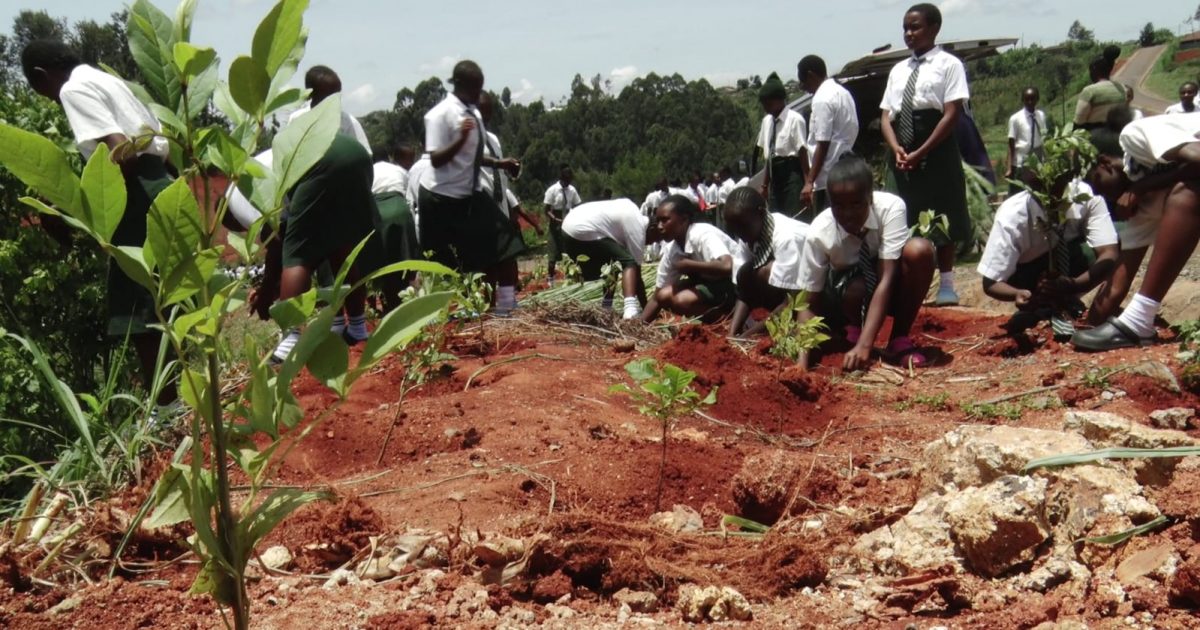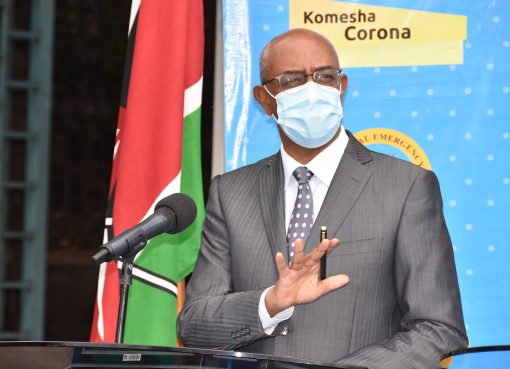The State Department for Wildlife has stepped up compensation efforts for victims of human-wildlife conflict to address the huge number of beneficiaries.
The Secretary Administration Tobiko Nayioma said the department has set aside Sh900 million for the purpose and has a list of victims to be compensated.
This comes even as there is a growing concern from victims that despite presenting their grievances and filing complaints, they were yet to receive compensation.
Tobiko attributed the slow pace in compensation that was witnessed sometimes back to backdating of the list of victims, saying the matter has been addressed.
“Compensation is done using a list to identify the victims. However, the list was backdated leading to a slow pace in compensation. We have however stepped up compensation efforts and all victims will receive compensation as soon as possible,” Tobiko said.
Human-wildlife conflict has been a concern to residents of Juja in Kiambu County with victims being killed or maimed by marauding hyenas that live nearby, with victims complaining of lack of compensation despite filing complaints.
Tobiko spoke during a tree planting exercise at Karimenu Dam site in Gatundu North, Kiambu County when officers from the department joined students of Our Lady of Fatima Girls Secondary School Kiriko in planting 1,000 trees around the water tower.
On environmental conservation efforts, the Department’s Director Publicity and Awareness Florence Kanana said they have embarked on an ambitious programme targeting to plant 100 million trees in a 10-year period in efforts to conserve the environment as well as mitigate human-wild animal conflict.
She said the initiative would incorporate primary and secondary school learners as well as work with other agencies including Kenya Wildlife Service (KWS), the Wildlife Research and Training Institute (WRTI), and the Wildlife Conservation Trust Fund (WCTF).
She said the programme has already been launched in at least five counties of Kiambu, Nandi, Bomet, Baringo and Mount Elgon area in Bungoma where cases of human-wildlife conflict have been experienced.
Kanana said they targeted to plant 10 million trees annually.
By Muoki Charles





